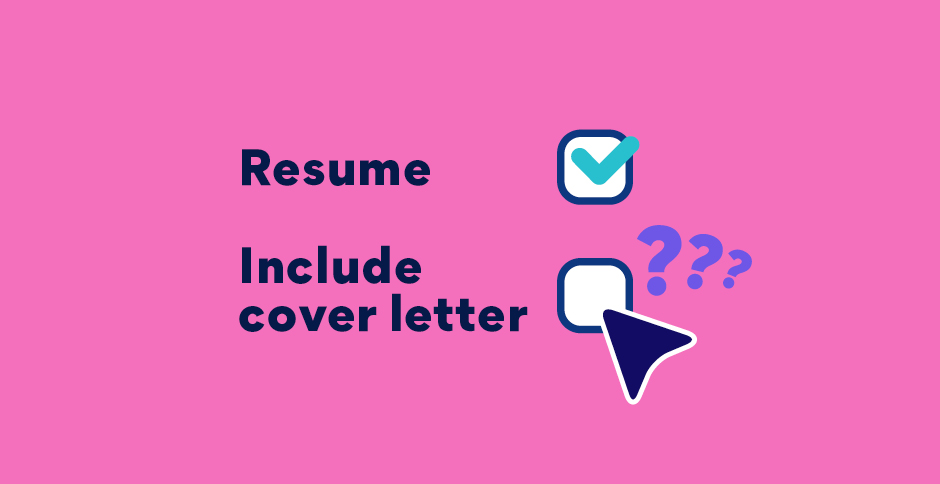Long gone are the days where potential candidates are assessed purely on their application, suitability to a role, how they presented themselves at interview, and a handful of affirming reference checks.
While these things are still important in securing a role, hiring managers and recruiters are now able to dig deeper and explore a candidate’s various social media profiles, deciding if they truly are fit for the role, and likely learning a lot more too.From googling your name to exploring your social media channels and comparing your resume against your SEEK Profile – employers now have access to a much clearer picture of you personally and professionally.
“We are blessed, and sometimes cursed by the world of social media,” says Vicky Susans, Senior Recruitment Consultant.
“Today we have such easy access to Facebook, Twitter, Instagram, Google and other social media platforms it’s changed the world of recruitment forever.”
It seems obvious right? Behave yourself on social media, or keep your privacy settings tight so they’re not visible. But it’s a little more complicated than that. A strong and positive social media presence can be the element that can make you stand out against other applicants. A negative and unappealing profile however, can be what makes you miss out, even if you’re a great candidate in all other areas.
“Imagine you’ve got a candidate who is ticking all the boxes. They’ve submitted a strong application, they look great on paper, and we’re potentially keen to meet with them. But when we look on Facebook, they’ve shared a picture saying, ‘I hate my boss’ and have decorated the point with some pretty colourful language. So, even though they looked like a great match initially, this could prevent us from taking their application further, and surfaces questions about their attitude at work.” says Susans.
Micki Persky, Director at Saville Persky, has encountered unsavoury social media profiles too, but says her own well-constructed and presented profile got her across the line for an earlier recruitment role, and has helped her start many valuable conversations professionally.
“I worked for the Animal Welfare Society, and supported them on social media, and during the hiring process a recruiter told me she loved animals and the organisation too. I was hired straight away! But what it really did was show where my passions and values sat,” she says.
Susans adds that for people who aren’t a perfect fit for a role, but are close, “it’s great to see a profile full of pictures of family dinners, travel, reposted favourite recipes, runs that they’ve been on, and voluntary work that they’ve recently undertaken.”
So, if in doubt about how to present yourself on social media, here are three tips to get you started.
- Have a look at your profile and think about what you publish and how it might affect your potential to secure a good job – if you were a recruiter or hiring manager, would you employ yourself?
- Use it to your advantage – now you know that potential employers are going to be looking at your profile make it the best you can. Think about what is going to make you stand out from the crowd. If you have any additional interests or voluntary work linking to an industry you’re aspiring to work in, it’s your time to shine!
- Social media is a fantastic tool to gain information to give you an edge. It’s easy to browse a company website before a job interview and reel off a few stats, but if you start following a company you will be kept up to date with recent news, changes and relevant information. This will make you appear passionate and pro-active in the interview.
Overall, it’s important to ensure you’re reflecting the best version of yourself. Tidy up photos and content, and adjust privacy settings if need be. If you know someone in a senior position, or someone that recruits for staff, get them to look over your social media profiles and provide feedback.
“Every way you are represented is important, from email to Facebook, and people need to be cognisant of this,” concludes Persky.



